Economists are amplifying calls for urgent structural reforms as Burundi grapples with persistent economic challenges that have been brewing for nearly five years. The country’s worsening conditions, fueled by a severe shortage of foreign currency, have triggered chronic fuel scarcity and soaring inflation, putting immense pressure on households and businesses.
During an interactive workshop organized by the civil society group PARCEM Tuesday in Bujumbura to discuss the 2025–2026 national budget, participants warned that without bold policy changes, the country risks sinking deeper into financial distress.
Faustin Ndikumana, an economist and head of PARCEM, highlighted key factors behind the crisis, including inflation, high taxation, a lack of transparency in public spending, and excessive monetary creation.
“At the heart of the problem is a shortage of foreign currency and a lack of transparency in fuel importation,” Ndikumana said. “How much foreign currencies are allocated for fuel imports compared to other uses? Who gets the authorization to import? And what about market costs?”
He added that Burundians are paying record-high prices for fuel, with some waiting up to two weeks in long queues only to find empty pumps. “How can the economy grow under such conditions?” he asked.
Experts Push for Fuel Market Liberalization
Léonce Ndikumana, a professor of economics and a leading expert on African development and external debt, calls on the government to liberalize fuel imports to alleviate the persistent shortages.
“For an ordinary Burundian, what is more costly: having no fuel at all or paying the actual market price?” he asked during a recent high-level panel discussion organized by the Central Bank of Burundi (BRB). The event brought together economists, government officials, and civil society leaders under the theme: ‘Economic Reforms for Macroeconomic Stability in Burundi.’
“We must avoid simplistic thinking—fixing one exchange rate will not solve everything. Experience shows that it does not work.”
He criticized government officials for downplaying the crisis and called for honest dialogue. “Too many people waste energy denying the problem instead of confronting it. But the problem only grows worse. We must face it directly,” he said.
Inflation Soars as Debt and Taxes Weigh on Economy
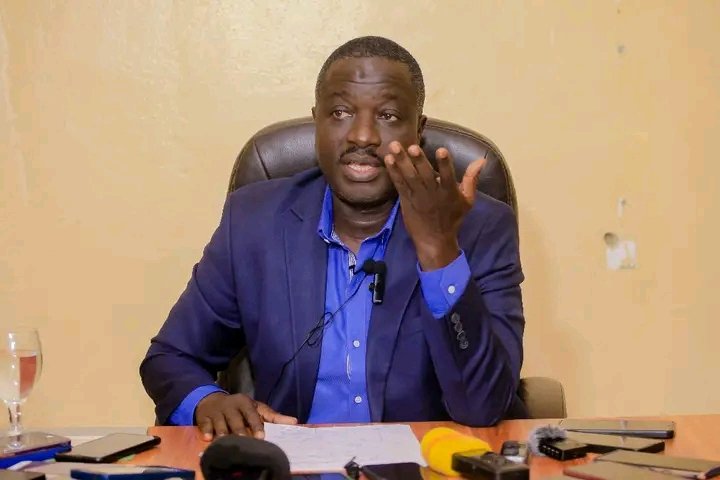
According to the Central Bank, inflation in Burundi has surged to 40 percent—a level PARCEM described as “alarming.” The organization warned that rising food prices have further eroded purchasing power, worsening poverty across the country.
On public spending, Faustin Ndikumana questioned why large portions of the national budget are consumed by debt repayment rather than development projects. “The Ministry of Finance received more than 1,000 billion FBu, but 60 percent of that goes to debt repayment,” he said.
Defense and the Presidency also received substantial budget increases, while sectors critical to boosting production remain underfunded.
The economist also warned that annual tax hikes, despite a limited taxpayer base of just over 10,000 people, have become an undue burden on small groups such as civil servants, further stifling economic activity.
Another pressing issue, he said, is excessive monetary creation. “Instead of generating revenue through production and taxation, the government borrows from the Central Bank and injects money into circulation—a dangerous monetary illusion. Most of the inflation we see today is monetary inflation,” Ndikumana cautioned.
External aid, a key pillar of Burundi’s financing, has also dropped significantly—from 1,722 billion to 1,322 billion FBu—a shortfall of 400 billion.
Ndikumana said lasting solutions require political stability as the foundation of economic recovery, combined with transparency in public spending and stronger budget programming aligned with international standards. He called for efforts to attract foreign investment to stimulate development and for tougher action against corruption and illicit enrichment in the allocation of public contracts.
He also criticized recent government rhetoric suggesting that fuel shortages and foreign currency constraints affect only a few urban areas. “Saying that only Bujumbura needs foreign exchange is misleading. Doesn’t someone in Cankuzo or the north need transport or medicine, which also depends on imports?” he asked.


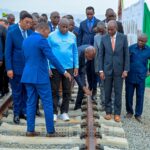
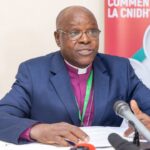
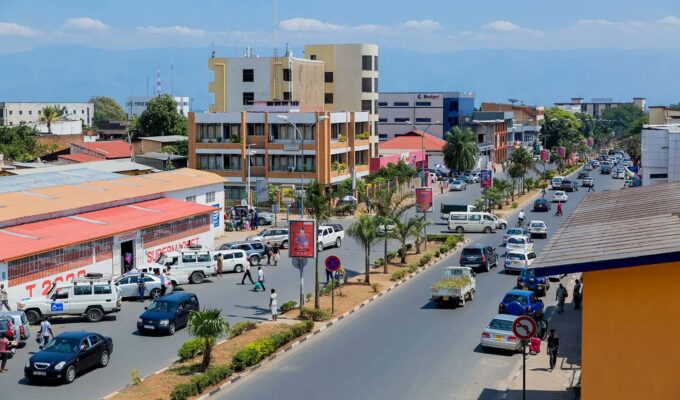
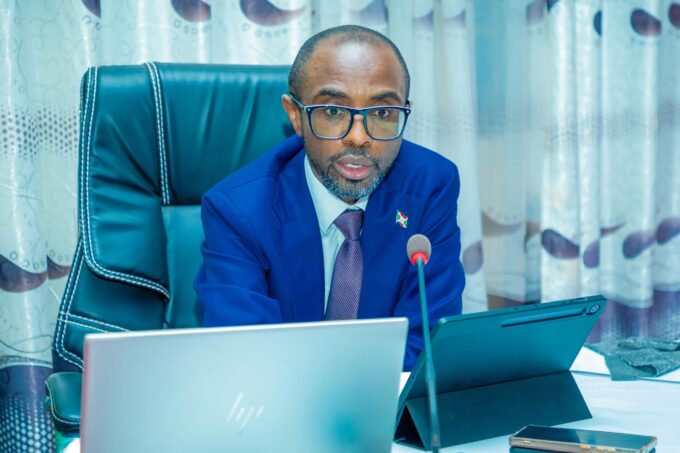
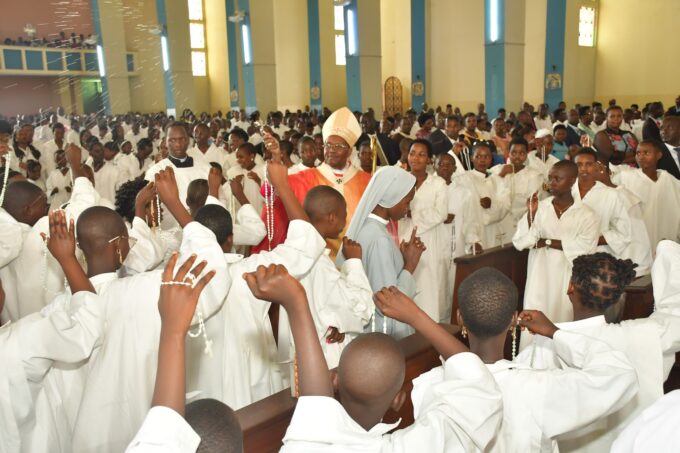
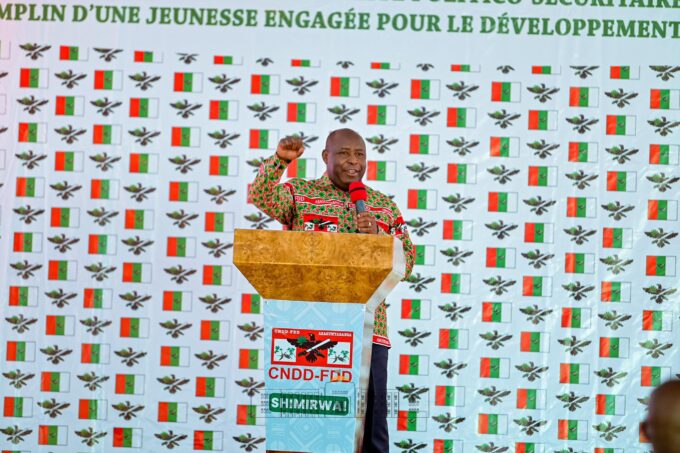
Leave a comment